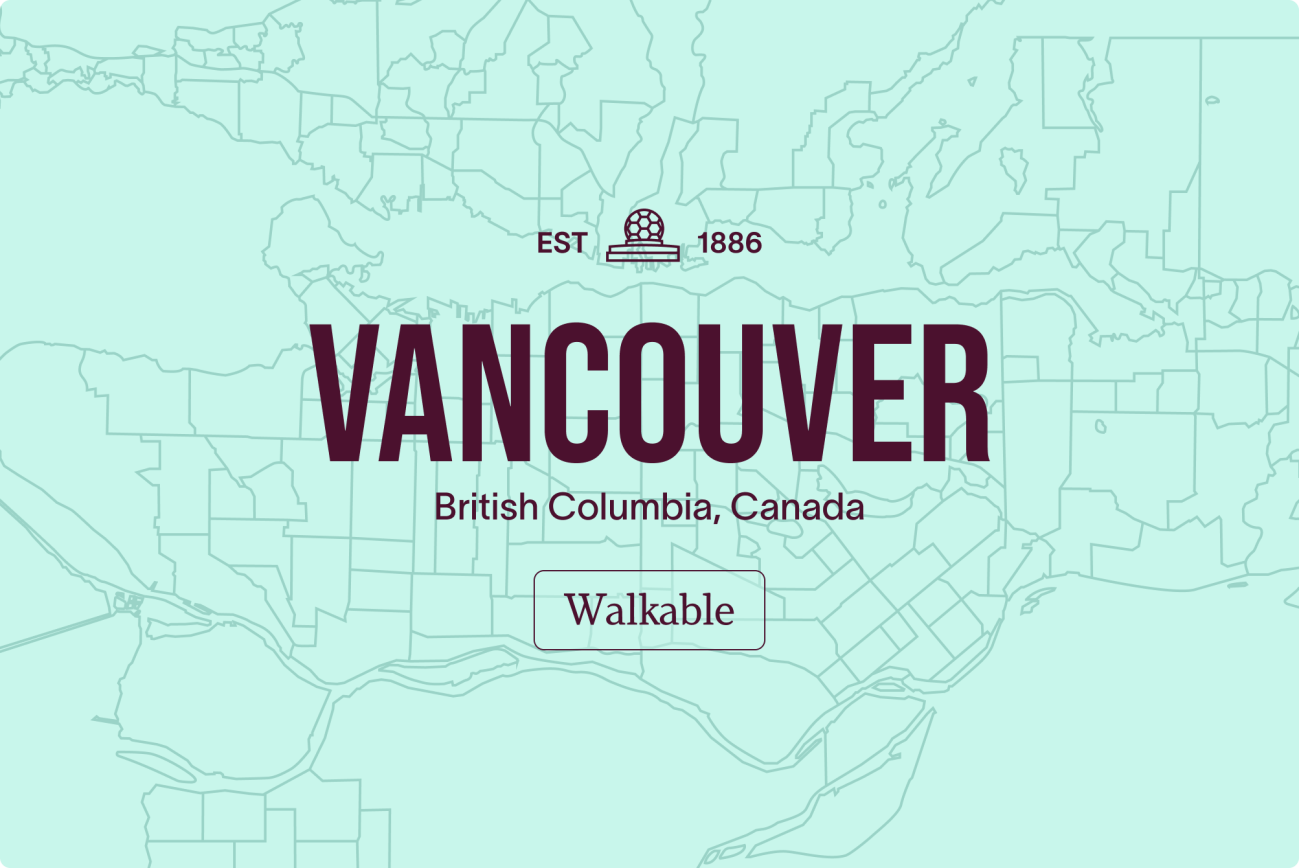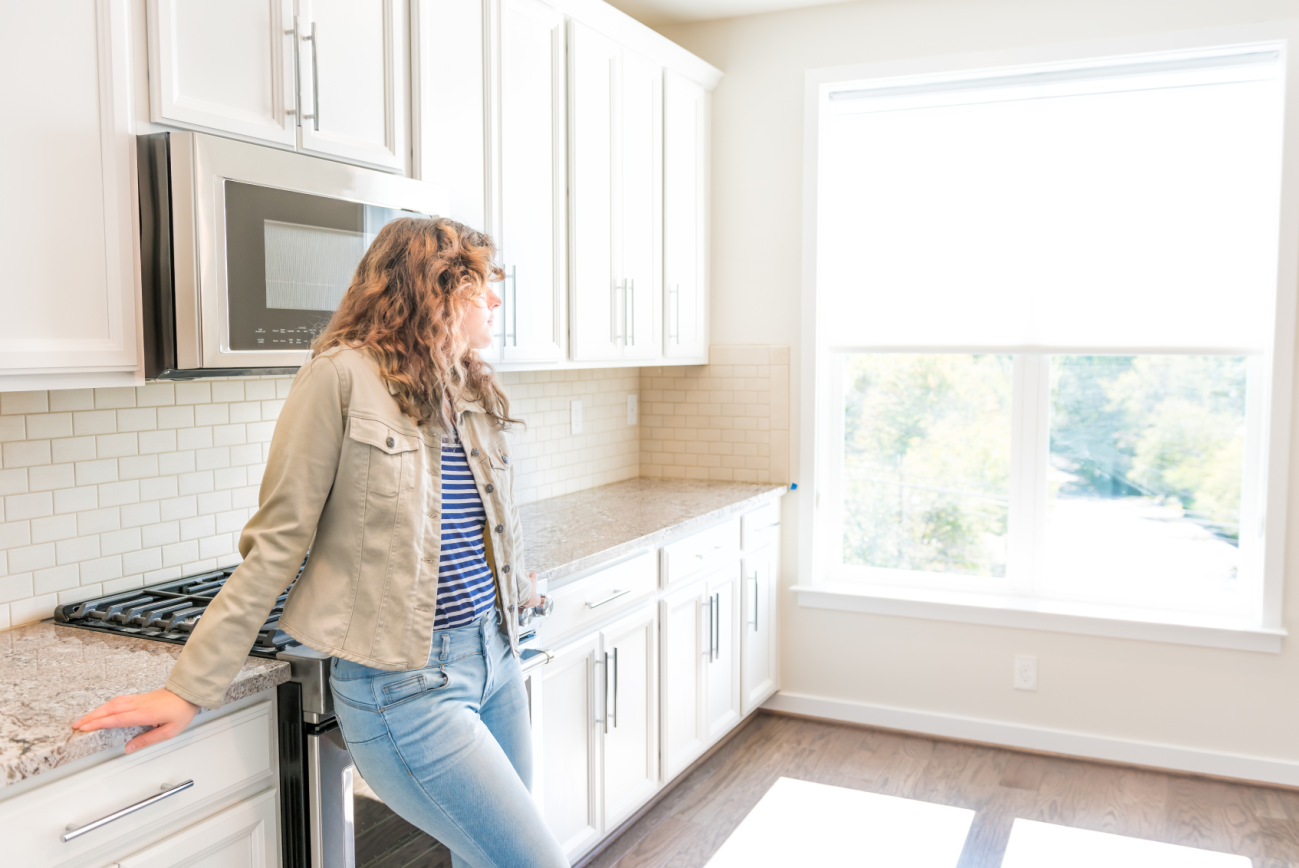Almost one quarter of Canada’s population is made up of landed immigrants or permanent residents, so you’re not alone in starting this new chapter. It can be dizzying to navigate homebuying in a new country, especially as regulations are constantly changing. Use this guide to build your plan and learn if immigrants can buy a home in Canada.
How do you get a mortgage as a new Canadian?
Some Canadian banks and lenders offer newcomer mortgages for new citizens. Type A Lenders (the major banks and credit unions) typically use your financial records, credit score and employment records to secure a mortgage. But it can be difficult to qualify for these types of mortgages when you haven’t had a chance to build a financial foundation in Canada.
Each bank has its own application process for a newcomer mortgage, and some might require a few years of Canadian employment, a financial letter from a bank in your country of birth or further proof of financial stability wherever you’ve built it. The major Canadian banks generally require a bigger downpayment of at least 35% for immigrants with less than two years of employment history, or from individuals who can’t verify their income — this varies, so get your mortgage broker to show you all your options.
Private mortgage lenders tend to have more alternatives for buyers with lower credit scores or international employment history. Securing a mortgage from a private lender can be a potential way to build credit and work your way up to a mortgage with a Type A lender or to lower interest payments in the future.
What programs are available for newcomers to Canada?
Before you apply for a mortgage or start looking for your home, do some research to see what incentives you might be eligible for. Some banks offer incentives for newcomers to Canada like easy credit card application or high-interest savings.
The Government of Canada also has a variety of programs available to buyers:
- If you’re building a new house or renovating an existing property, you may be eligible for the GST/HST New Housing Rebate.
- The Home Buyers’ Amount offers a tax credit for qualifying homes and individuals.
- Ask your mortgage broker about mortgage incentives for first-time buyers and explore the options that all types of lenders offer.
Can immigrants buy a house in Canada?
Most non-citizens cannot currently buy residential property in Canada. A new act prohibiting most non-Canadians from buying homes in Canada went into effect on January 1, 2023, and will be in place for two years. The government called the ban a reaction to a wave of foreign investors and corporations who were buying Canadian investment properties.
This new ban on homebuying does not apply to:
- Non-citizens who purchase property with a spouse or common-law partner who is Canadian, registered under the Indian Act or another exempt party.
- A temporary Canadian resident within the meaning of the Immigration and Refugee Protection Act who satisfies certain conditions.
If you’re a non-citizen who is exempt from this new law under the conditions above and still able to buy, you may still find it more challenging to secure a mortgage and could be subject to additional costs. Here’s why:
- Not all lenders will offer mortgages for non-permanent Canadian residents.
- Some provinces charge a Non-Resident Speculation Tax (NRST) for anyone who isn’t Canadian purchasing property. In October 2022, the NRST rate went up from 20% to 25% in Ontario. In British Columbia, the rate is 20%.
- Albertan cities like Canmore or Banff don’t charge an NRST for but in some townships, only Canadians can buy property.
- Non-citizens who make money from their Canadian properties are also subject to reporting to the Canadian Revenue Agency (CRA).
Can buying property in Canada get me permanent residency?
The permanent residency process in Canada is separate from property ownership, so owning property won’t get you residency or grant you the right to enter Canada. Canadian borders have specific laws around criminal records, some of which might make it illegal for you to enter the country regardless of whether you have a home here (for example, anyone with a DUI on their record isn’t allowed into Canada). Canada also has laws for how long non-citizens are legally permitted to visit. If you exceed your allowed time in Canada as a visitor or a tourist, you might be penalized if you apply for a visa or citizenship in the future.
How much money do I need to buy a house in Canada?
The average cost of a home in Canada in 2022 was over $700,000. But in parts of Canada, affordable homes are available for $200,000 and lower. The cost of a home purchase can include a downpayment, deposit, appraisal, inspection, land transfer tax, renovation costs, property taxes, moving costs, home or mortgage insurance, lawyer’s fees and other expenses.
Figure out how much you’ll need to buy a home as an immigrant with a bit of financial planning.
Use online resources. Our blog offers a wealth of real estate knowledge, from homebuying checklists and financial planning to staging a home and understanding market trends. Know what you’re looking for and the mistakes to avoid.
Looking for more guidance on buying your first home in Canada?
Houseful provides personalized guidance for your real estate journey. Work with local real estate agents and gain access to financial insights and advice from Royal Bank of Canada mortgage advisors.
Houseful can connect you with a local expert here.




